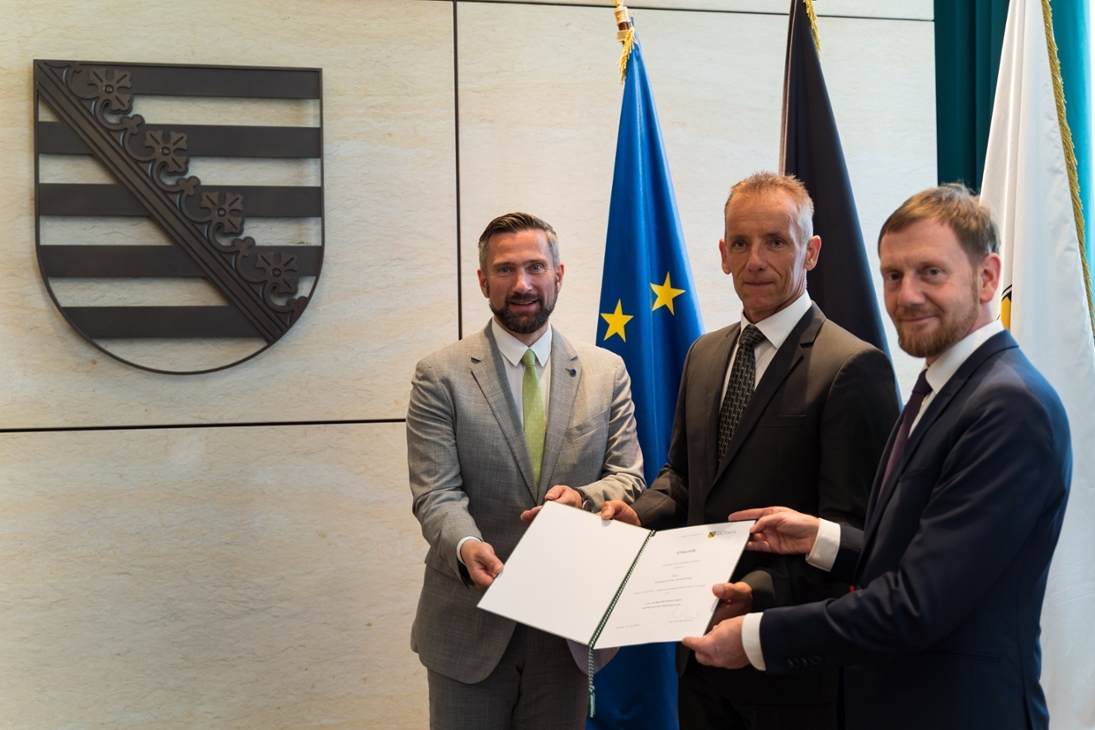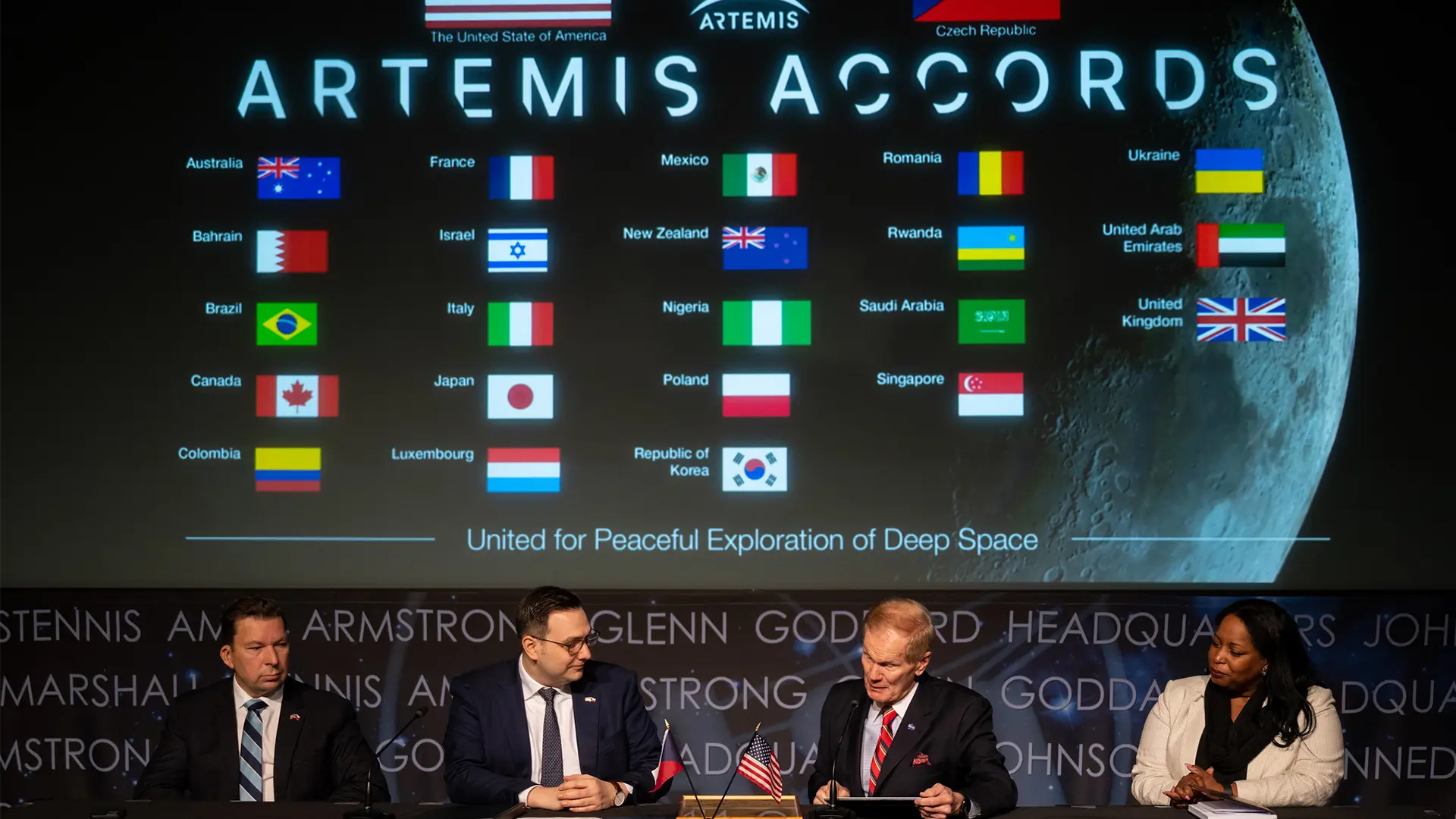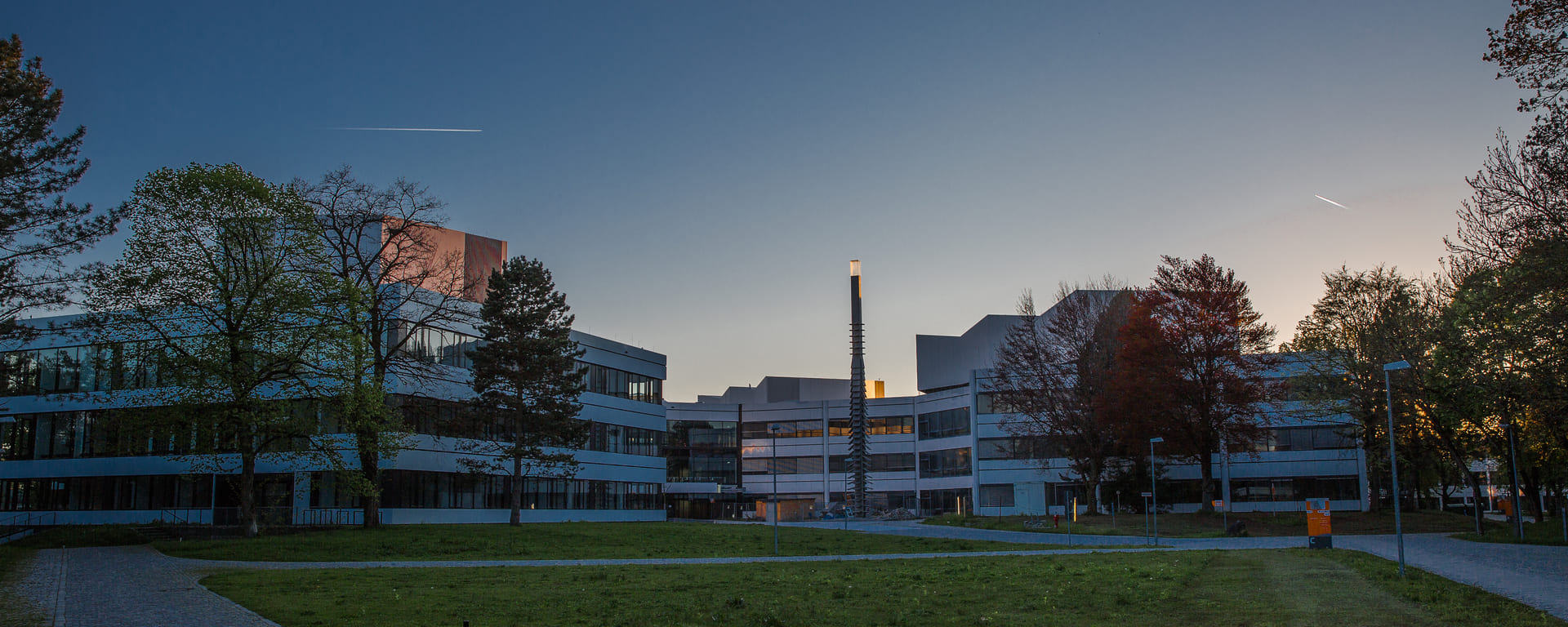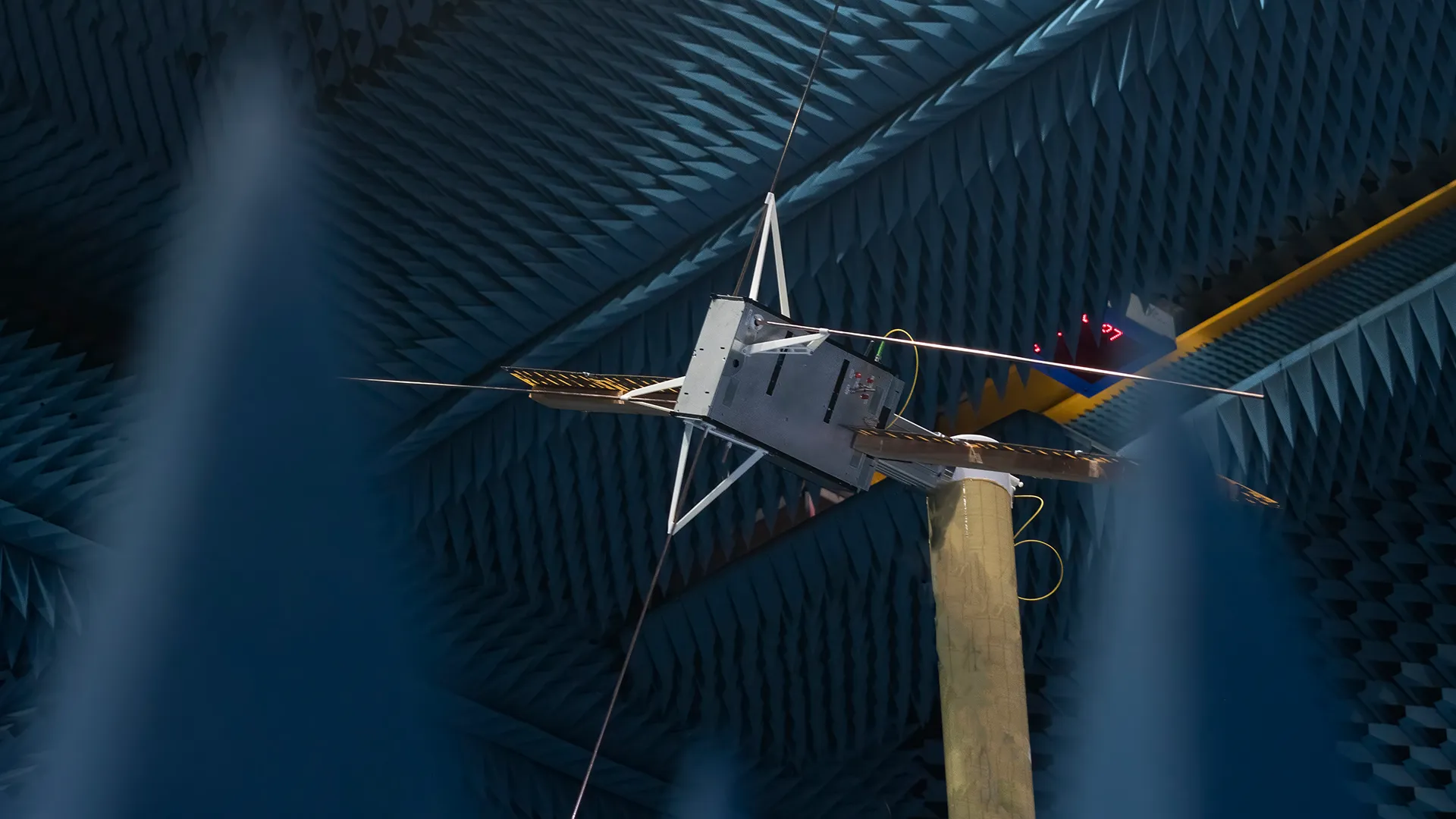
Saxony establishes aerospace coordinator
Published on Wed, 13.07.2022 – 13:07 CEST in Politics, covering VerwaltungLike Bavaria and Hesse before it, Saxony has also had a coordinator for aerospace since July 12, 2022. Prof. Dr. Hartmut Fricke, who has held the Chair of Aviation Technology and Logistics and is Director of the Institute of Aviation and Logistics at the Technical University of Dresden (TUD) since 2001, was appointed to the post.
Eine entsprechende Vereinbarung findet sich im bereits 2019 verabschiedeten Koalitionsvertrag zwischen CDU, Bündnis 90/Die Grünen und SPD. Die unter dem Titel “Gemeinsam für Sachsen” geschlossene Vereinbarung sieht vor, einen Koordinator für die Belange der Luft- und Raumfahrt als Ansprechpartner einzusetzen. Ziel ist es, “die Potenziale der sächsischen Zulieferindustrie in der Luft- und Raumfahrt weiter zu heben.”
According to the Saxon state government, the aerospace sector in Saxony consists of around 160 industrial companies and research institutions with around 7,000 employees. In view of the upcoming transformations, the calling of Prof. Dr. Fricke does not come a second too soon. On the one hand, because the aerospace industry is booming and the shortage of skilled workers is no longer a spectre but a reality. On the other hand, because other German states such as Bavaria, Bremen or Hesse have already set up corresponding positions and funding programs and have thus secured an important competitive advantage.
Transformation process to strengthen economy
Consequently, Prof. Dr. Fricke's nomination is also associated with high hopes for strengthening Saxony as a business location. Minister of State Martin Dulig: "The digitalization of aircraft planning and production as well as their electrification enable completely new disruptive concepts for the first time in decades. I am convinced that Saxony, with its strengths in microelectronics, software, data transmission technologies and lightweight construction, can benefit particularly from the transformation process in aerospace as well. I wish Prof. Fricke a good start and much success in his work."
Meanwhile, Saxony's Minister President Michael Kretschmer praises Prof. Dr. Fricke as an "outstanding expert in the industry" who is very well connected. Kretschmer is also convinced that the native of Berlin will provide important impetus to strengthen the transfer from science to Saxony's economy.
Our goal is to increase the visibility of this highly innovative industry beyond national borders and to improve cooperation with associations and towards federal and EU policy.
Michael Kretschmer, Prime Minister of Saxony
Is Saxony Becoming a Space Region?
Whether Saxony can make a name for itself as a "space state" in the long term remains to be seen. At least a start has been made with two planned large-scale research centers. Both the German Center for Astrophysics (Deutsches Zentrum für Astrophysik) and the European Research Institute for Space Resources have reached the finals of an ideas competition. The competition was launched because Saxony is facing a turning point with the German government's decision to phase out coal-fired power generation. The coalfields in Central Saxony and Lusatia are particularly affected by the structural change. Thousands of jobs will be lost here in the coming years.
via Saxon State Ministry, TU Dresden, “Gemeinsam für Sachsen” (coalition agreement 2019 to 2024) (GER)













